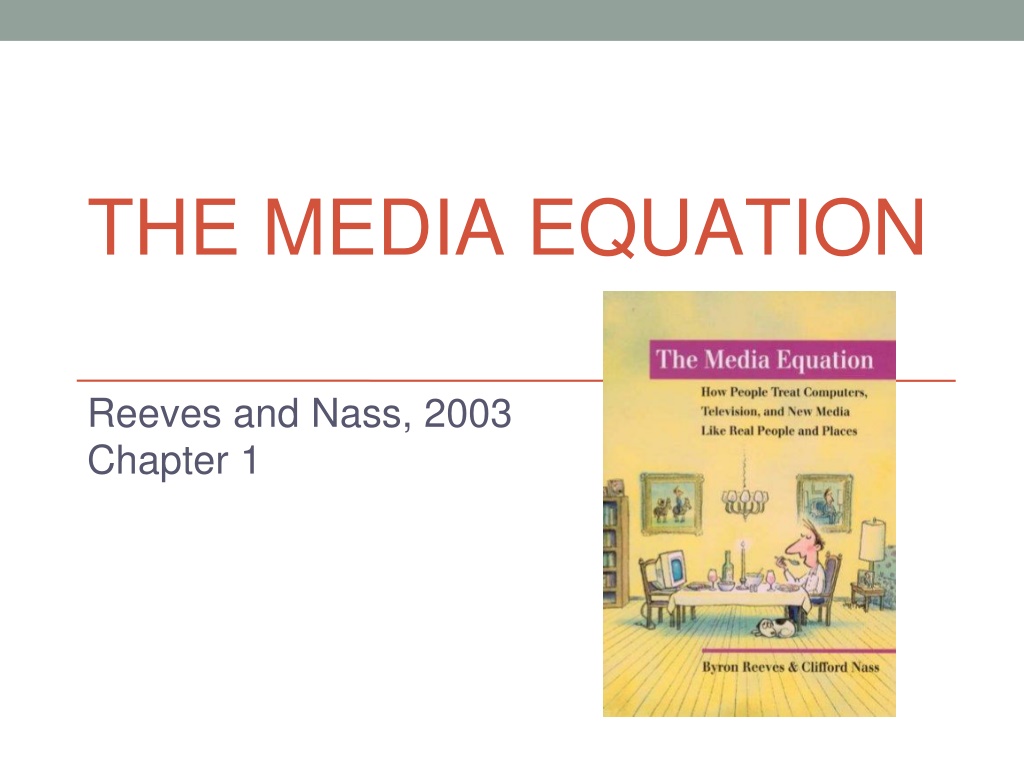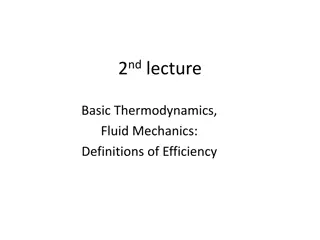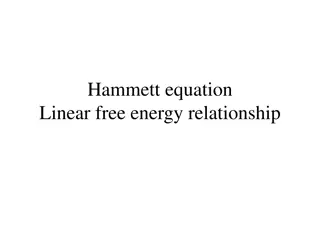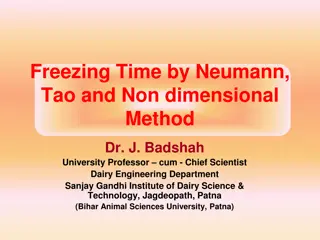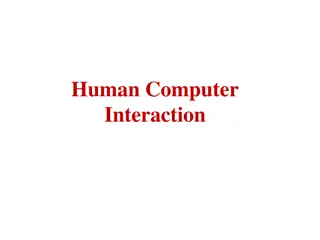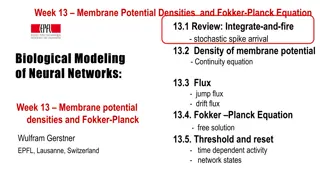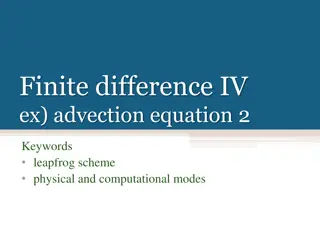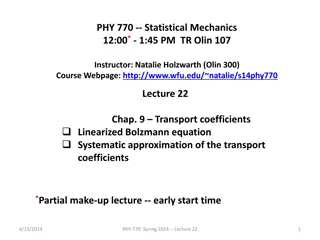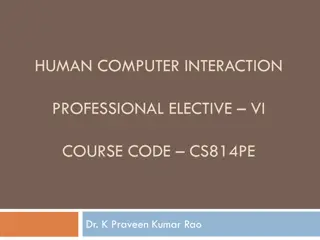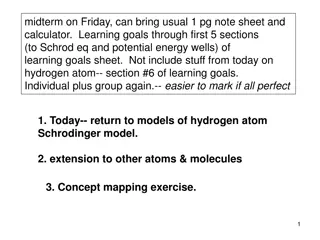Understanding Human Interaction with Media - The Media Equation by Reeves and Nass
Research from "The Media Equation" by Reeves and Nass explores how humans interact with media, treating it as if it were real life. The hypothesis posits that humans respond to media just as they do to real-world interactions. Examples illustrate how individuals engage with various forms of media, emphasizing the social and natural aspects of these interactions. The research challenges critics who believe that treating media as real life requires effort, showcasing how interactions with media mirror real-life social behaviors.
Download Presentation

Please find below an Image/Link to download the presentation.
The content on the website is provided AS IS for your information and personal use only. It may not be sold, licensed, or shared on other websites without obtaining consent from the author. Download presentation by click this link. If you encounter any issues during the download, it is possible that the publisher has removed the file from their server.
E N D
Presentation Transcript
THE MEDIA EQUATION Reeves and Nass, 2003 Chapter 1
Overview Research into how we humans treat media (movies, games, tv, computers, etc.) If this dog smiled and said hello, a novice user would smile and say hello back Is this surprising? Hypothesis: media = life https://www.youtube.com/watch?v=SIExdwRKU4E http://www.paqoo.com/gudang/simple-cartoon-dog-wallpaper-photo- desktop-computer.jpg
Examples Presidential candidate in a debate walks closer to the cameras Home audience approved Not because of what he said Because he narrowed distance between himself and viewer I can increase my end of semester evaluations too! How can I get higher scores with EDGE students? Treat media as life
Virtual reality pit (https://www.youtube.com/watch?v=v-mK5oNkr-I)
Who does this? Kids Why? Because they re young and don t know better TV popcorn example Novices Lack of experience Experts Easier, efficient Everyone! It s very common Testifying to congress, the owner of a sock puppet was asked if she agreed with Lamb Chop s opinion http://www.nndb.com/people/689/000116341/shari-lewis-1.jpg
Critics Well as long as you think about it, are more experienced, etc. you will not treat media as real life Not true! Why? Takes effort!!! Reeves & Nass started doing research called Social Responses to Communication Technologies Findings show interactions with media are fundamentally social and natural just like real life interactions
If a computer asked you How was your day? What would you type?
If a computer asked you I m having a really bad day. I crashed earlier and lost about two hours of work by a student s on a report for HCI. I feel bad about it. How was your day? What would you type?
Testing the media equation How people treat media Example If a product designer asked how you liked her product You would be polite and say it s fine (whether you believed it or not) If If someone else asked you Your evaluation might be less positive Social rule of politeness also applies to media Computer performance example 35 studies conducted with media taking the place of real people and places All demonstrated that media = real life
This allows Improving design of media Humans are experts at social and natural interactions Media consistent with these rules will be more enjoyable to use Evaluating media Media designers are discovering the intricacies of how media work Informs how to change what we don t like New methods for research Social science methods are different from typical methods used to study media, e.g. focus groups
Conclusions Throughout human evolution, everything that exhibited any intelligence was life responses to social and natural stimuli were automatic Technology is still new human brain evolved in world where only humans exhibited social behaviors So while puppets and robots are obviously different from humans when thinking about it, they re close enough to fool old brains https://www.youtube.com/watch?v=26BclMJQUwo
Your project Knowing that people will treat technology as they real life, look at your project #2 Consider for your application 1. Word choice 2. Image choice 3. Interaction metaphors (e.g. email, you would write instead of compose an email)
